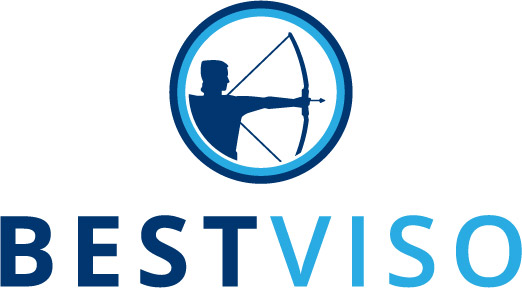Generally, conducting market research tender doesn’t rank at the top of marketers’ lists of priorities. For one thing, such research – if carried out properly – is time-intensive. Secondly, the numerous methods and variegated skill sets offered by market research providers frequently appear like an impenetrable maze!
The resultant aversion causes companies to work with only a few providers for years on end. This practice may have its advantages. The research institutes involved do amass a considerable degree of brand and category knowledge, thus increasing their competence at advising. Standardized enable them to develop internal comparative benchmarks. Yet we have often observed that these organizations will develop a kind of “company affiliation”. As a consequence, for reasons of courtesy they no cease interpreting results in a completely unbiased and objective manner. So they become more susceptible to methodological balancing acts.
“But it’s a renowned institute, so the study must be a good one!”
We heard this very statement from a company that had worked with only one provider for a long time. Due to the long-standing relationship, the company trusted the well-known name and the qualitative methodology offered. However it still didn’t suffice as a basis for making a reliable marketing decision. In this instance, a different market research institute, one possessing a commensurate core competency, would have been more goal-oriented.
A further risk is that a company will continue paying unduly high prices for market research, sometimes for years at a stretch. As often happens with contracts for electricity or private insurance providers, many people simply shy away from the discomfort of making a year-end comparison that may signal the need for laborious change. Yet online contract portals offering service-switching functionalities have already emerged for precisely this purpose. Furthermore, the question of market research is even more complex. The criteria such as the staff’s advisory competence or specific industry experience play a crucial role. Grasping and assessing these factors often necessitate years of experience gained through cooperation with various providers.
A market research tender will increase the ROI of your market research investment
For this reason, it’s worthwhile to conduct market research tenders on a regular basis. Recently we conducted a market research tender for a strategic pricing study, preparing a briefing with clearly defined objectives, methodologies, samples, and questions. The result is that a case price difference of 59% from the least to most expensive provider.

However, the journey to this clear benchmark was a long one. In addition to the methods tendered by the market research institutes, they offered a wide variety of modules as a means of enriching their offers. We thoroughly examined all of these, carefully weighing both advantages and disadvantages. In the final analysis, they are entered into a matrix, in order to draw sounder comparisons among the various the offer modules. The process takes several days, but the effort proves fruitful. The offer with the optimal price/performance ratio is finalized for the customer.
Five tips for a successful market research call for tenders
1. Determine a catalog of criteria in advance.
Which dimensions are particularly important to you? For example, the quality of the panel, specific industry experience, a particularly good moderation of a staff member, or a validated brand model? List the criteria and assign them relative weight.
2. Write a detailed brief.
The more precisely you describe the scope and goal of the planned study, the better you will be able to compare various offers. The brief should include the background, the business and research objective. Additionally detailed questions, methodology, sampling, the specific test material and benchmarks.
3. Do not blindly place your trust in an institute simply because it has a major, even renowned name.
More important for you are particular core competencies of theirs that you should specifically select. Compare the offers also with those of smaller research institutes, which may be in a better position to respond to your queries individually.
4. Provide the criteria of the requested studies as a ready matrix to be filled out directly by the research institutes themselves.
Furnishing this information will save you a considerable amount of time by enabling you to have most important data at a glance for comparison purposes. With some providers, you can thus spare yourself the trouble of reading through endless offers.
5. When you select an institute, the price offered for a particular number of cases is not the sole criterion.
Besides the absolute price, also consider additional costs for travel and personal presentations, and of course the price per interview. Finally, it bears repeating: the lowest price is not always the best choice. Choose the institute that demonstrates the greatest degree of skill as well as competence. Keeping these considerations in mind, you can reasonably select a somewhat more expensive provider.
Compare apples with apples
A sound, considered call for tenders with methodologically comparable offers is the only way that you will increase the return on your market research investment. If you are understandably leery of market research tenders due to a lack of time or knowledge about the research institutes, then use our expertise.
We at BESTVISO Market Research Consulting or BESTVISO Market Research Management will be glad to advise you and carry out your tenders.

